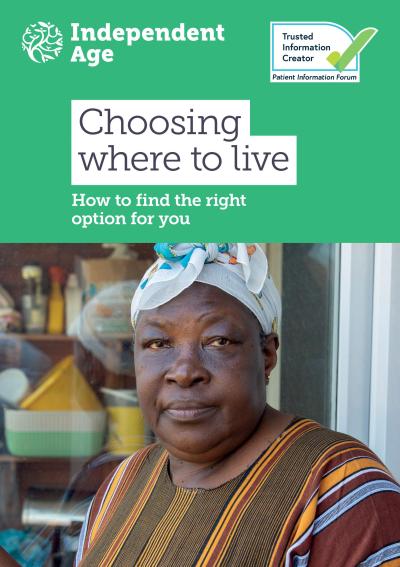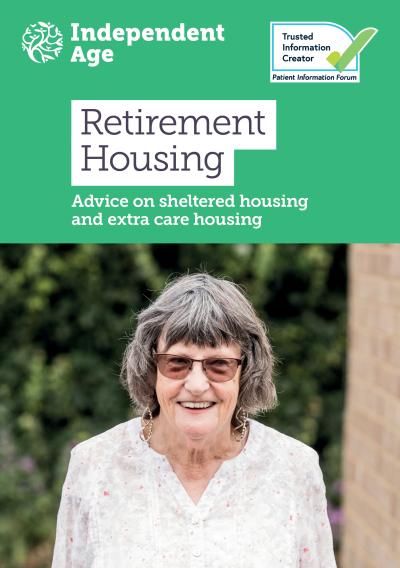Related publications

Choosing where to live

If you are thinking about moving to a more suitable home and you don’t need specialist care, there are various housing options you could consider.
Downsizing can have a number of advantages. For example, you could:
However, there may be some drawbacks:
Before you move, consider these questions:
It's also important to think about whether the property will be suitable if your needs change in the future.
You may feel that your house is not suitable for your needs. You could make adaptations to your home so that you can continue to live there – see our factsheet Adapting your home to stay independent. However, if you don’t want to have adaptations made to your own home, you might want to consider moving to a property that already has the features you need. Accessible and adapted homes are designed to support independence for people with disabilities and older people. For example, these homes may have step-free access and reinforced walls where grabrails or wall-mounted seats can be installed.
Some areas, such as London, operate Accessible Housing Registers (AHRs), which provide information about adapted properties to buy or rent. Ask your local authority or Citizens Advice for support with finding accessible and adaptable homes in your area.
Moving in with your family or good friends can be an attractive option, and this often works well. But it’s important to be realistic and make sure that everyone shares the same expectations.
Practical considerations
You should make sure the arrangement is right for you and set boundaries from the start. Some questions to ask include:
Financial and legal considerations
Be clear about the financial arrangements. Moving in with family or friends could have implications for care home fees or means-tested benefits. It is important to clarify:
You should get independent legal advice and consider having a formal agreement drawn up. Visit MoneyHelper for more information on choosing an adviser.

Contact your local council or Citizens Advice for more information about finding accessible housing.
You can also find information on the Accessible Property Register.
By calling Independent Age's free and impartial Helpline, you can get information and advice from one of our friendly advisers, or order our free guides.